

 The SFFaudio Podcast #275 – Jesse and Mr Jim Moon discuss Ivanhoe: A Romance by Sir Walter Scott
The SFFaudio Podcast #275 – Jesse and Mr Jim Moon discuss Ivanhoe: A Romance by Sir Walter Scott
Talked about on today’s show:
1820, the Tantor Media audiobook as read by Simon Prebble, 3 comic book adaptations!, the July 2014 BBC Radio 4 adaptation (1hr), General Mills Radio Adventure Theater, immensely important, Wamba and Gurth, looking at adaptations, refinement, Robin Hood (1973), the splitting of the arrow, a willow wand, daring-do fiction, archery, folktale, Will Scarlet splits the arrow in the Queen Katherine Ballad, the historical inaccuracies, Rob Roy, a plump text, King Richard and Friar Tuck, The Merchant Of Venice by William Shakespeare, a very Shakespearean novel, pithy and punchy, dialogue and banter, The Lord Of The Rings by J.R.R. Tolkien, fully motivated characters, Athelstane, colour cloaks, where does Isaac stat at Ashby?, Chapter 2 Gurth is “this second Eumaeus”, Ivanhoe is a retelling of Odysseus’ return to Ithaca, the usurpation, the governance of Scotland, the Saxons as the Scots under the English yoke, Loxley, Prince John, King John, Magna Carta, robber barons, Brian de Bois-Guilbert (wants Rebecca), Reginald Front-de-Boeuf, “Front of Beef” (wants Isaac’s money), Maurice de Bracy (wants Rowena), war and God, the 1997 BBC TV adaptation of Ivanhoe, an Arthurian style obsession, the reconciliation, Athelstane is almost a Hobbit, Athelstane death is a comedic version of a Guy de Maupassant or Edgar Allan Poe premature burial story, The Fall Of The House Of Usher done as farce, Monty Python And the Holy Grail, surprisingly few deaths, “boys own adventure”, The A-Team, Ulrica’s death, the the Waverley Novels, almost a Fantasy, magic, The Prisoner Of Zenda, venison, the Douglas Fairbanks Robin Hood, the Black Knight – who could it be?, how easy would the disguises be seen through in 1820, bigger than Stephen King or J.K. Rowling, stage adaptations, Waverley places around the world, Abbotsford, British Columbia is named (in part) after Sir Walter Scott’s home, Ivanhoe’s popularity in the southern United States, invasion, slavery and chivalry, underselling the power of fiction (as compared with non-fiction), On The Origin Of Species by Charles Darwin, The Communist Manifesto, Tolkien, understanding fiction, the revelation of truth through fiction, novels were once quite novel, the need for novels, models of action, 1984 changes, helps and improves you, “what is honorable action?”, the power of oaths, rapacious acquisition vs. honorable service, the destruction of the Templars, banishment was a harsh punishment, an obsession with love, Rebecca is the female Ivanhoe, the role of the Jews in the book vs. the adaptations, banking, this is not an anti-Semitic book (shockingly), the coin counting scene, the roasting scene, Friar Tuck is super-anti-Semitic, Churchill’s background, why is it that English were not as anti-Semitic as most of Europe?, a zeitgeisty historical novel, looking at the present through a historical lens, puffy, the level of intellect is very high – the etymology of pig, Lincoln Green, the final battle, a powerfully intellectual book for a piece of fiction, mid-19th century fiction isn’t as punchy, wit and intelligence in peasant characters, J.K. Rowling must have read Ivanhoe, Sir Walter Scott’s was “the Wizard Of The North”, Cedric <-the name comes from this book, "freelance" <-lances for hire, Robin Hood: Prince Of Thieves, Robin Hood (Ridley Scott), Robin Hood’s nom de guerre, ITV’s Robin Of Sherwood <- both Robin Hood mythologies are in it!, the "Dread Pirate Roberts", a good knight but a bad king, pagan gods, Herne the Hunter, Ivanhoe popularized the Middle Ages, Arthurian scholarship, folk customs, the ancient Egypt craze, A Connecticut Yankee In King Arthur’s Court by Mark Twain, a big powerful book, A Song Of Ice And Fire is kind of the anti-Ivanhoe, the Dunk And Egg stories, surprisingly modern, the symmetry of Ivanhoe, a tonic for gallstones, HBO should commission Ivanhoe, the 1952 version, the 1982 version, Ciarán Hinds, Mark Hamill, Kevin Costner vs. Alan Rickman, a noir ending averted.
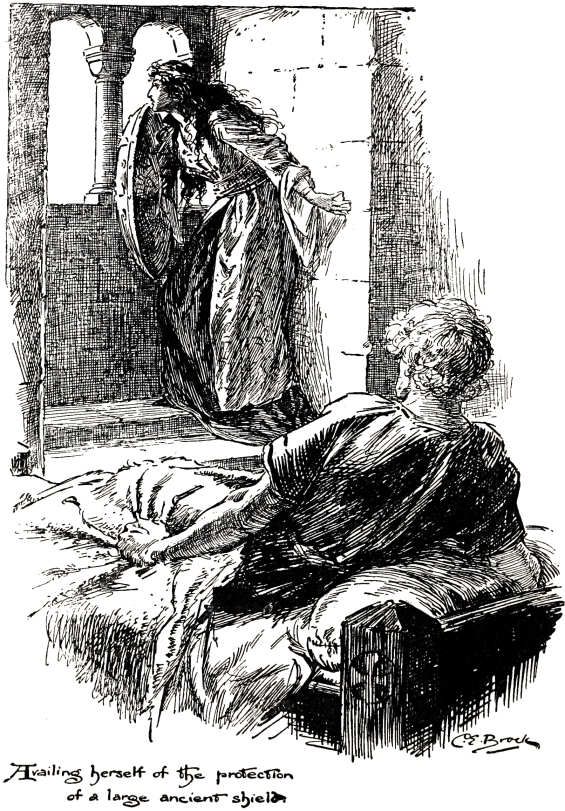
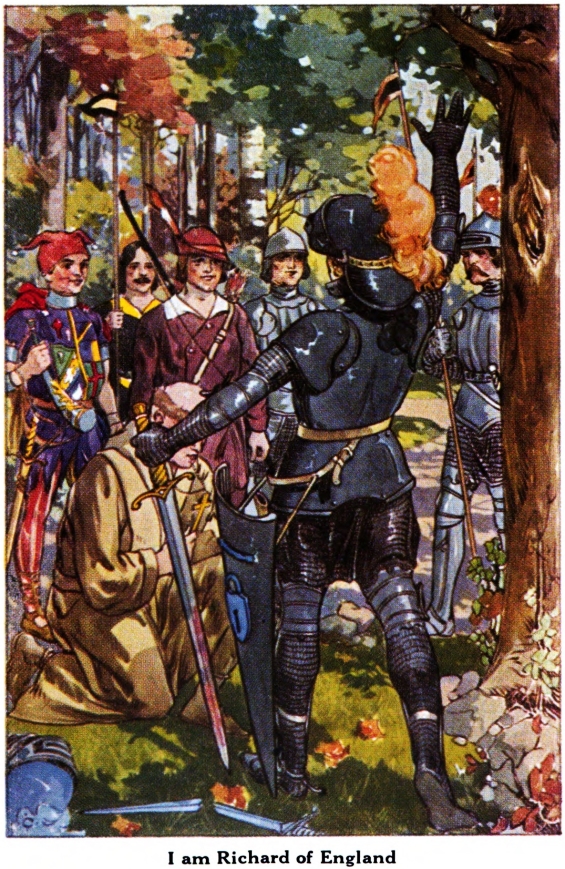
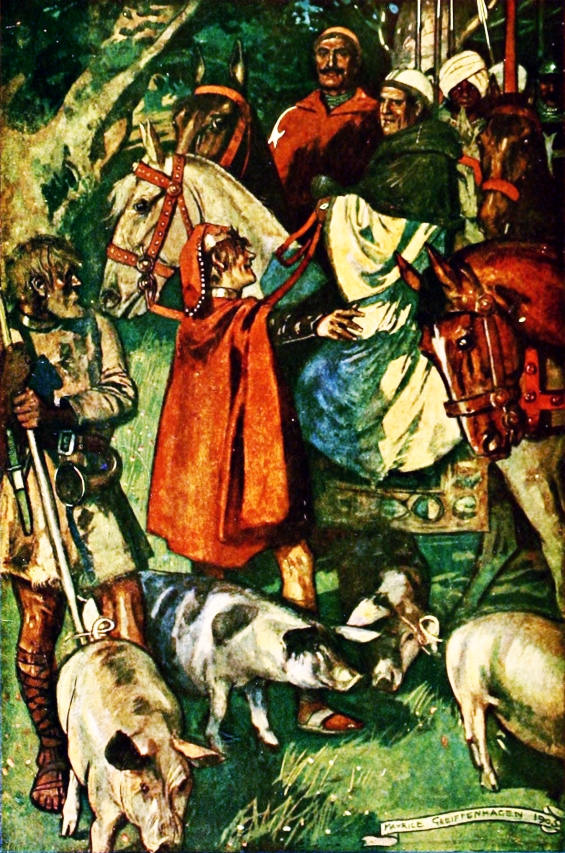
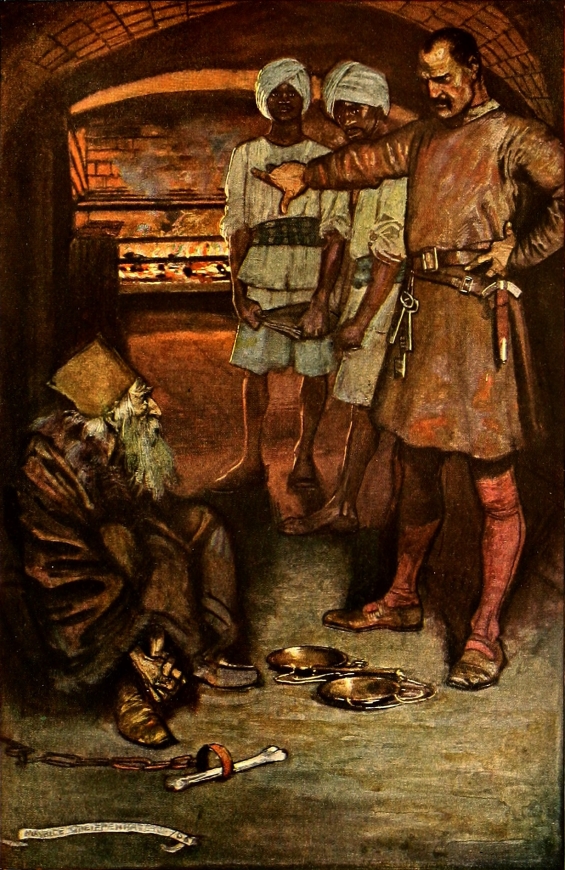
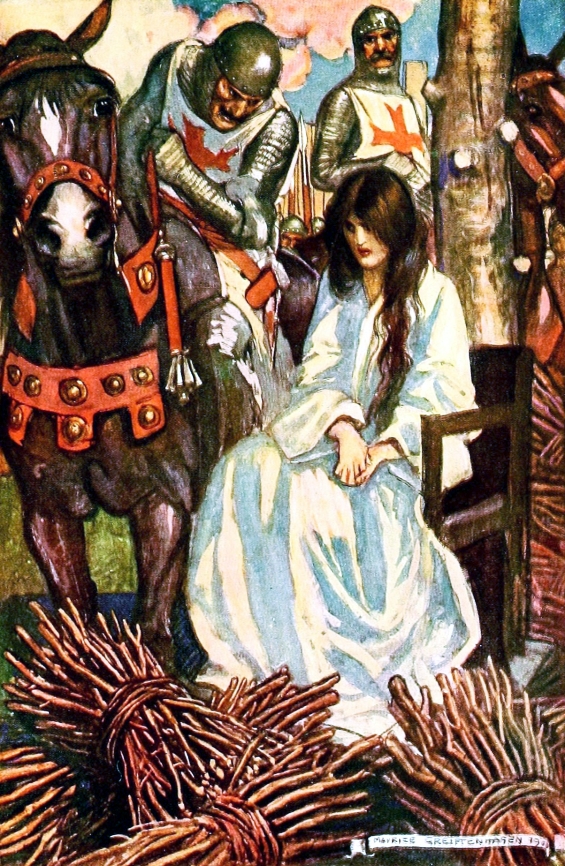
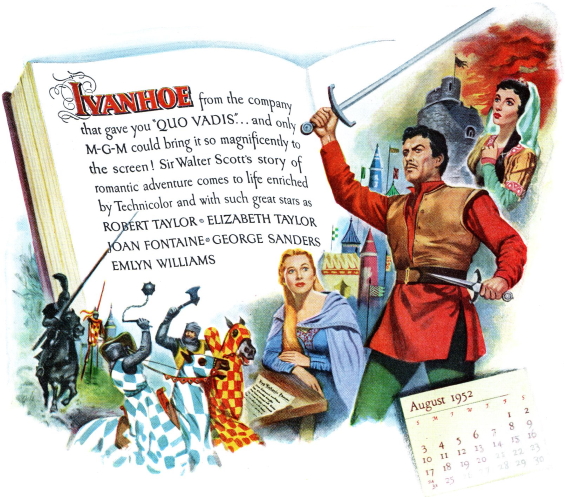
Posted by Jesse Willis

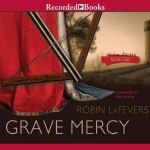

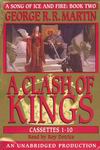
 A Game of Thrones
A Game of Thrones